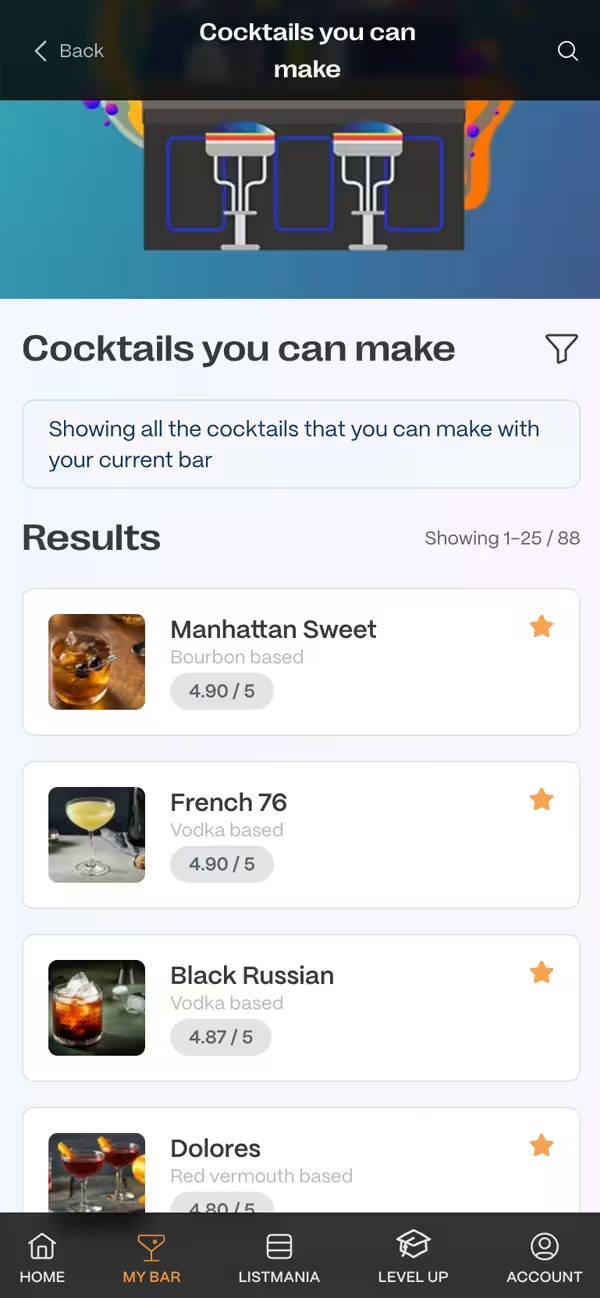Differences in Tequila
Jump to
Brief History
The word tequila is a proprietary term, legally limited for use in the Mexican production of blue agave distilled spirits. First commercially produced during the 16th century by Spanish conquistadors in the Mexican village of Tequila, the alcoholic drink wasn't exported to the United States until mass production began in 1884. Tequila is labeled according to four different types, plus one sub-type, distinguished by age, ingredients and distillation methods.Blanco
Blanco tequila, often called white or silver tequila is aged less than 60 days. Sometimes the tequila is immediately bottled after distillation in oak or stainless steel barrels. Blanco, often the least expensive, tends to be harsher than other tequilas. Blanco tequila, used in shots, is often chilled to create a smoother sensation.
Joven
Joven tequila, sometimes labeled oro or gold, constitutes nearly the same product labeled Blanco. Caramel food coloring, in addition to other ingredients, is added to the Blanco mixture to create the subtle gold color of Oro tequila. Popular because of its low cost, Oro tequila is considered a mixto tequila, due to its less than 100 percent agave-derived composition.
Reposado
Reposado translated from Spanish to English means rested. Reposado tequila is aged from two months up to a year. Due to being aged, Reposado has a richer taste and provides a distinctly smoother experience. Reposado is one of the most popular types of tequila sold in Mexico.
Anejo
Anejo, referred to as vintage tequila, is aged for at least one year but less than three years. Anejos are typically rested in barrels previously used to age bourbon in American, Canadian or French distilleries. Anejo is dark in appearance, taking on the color of the bourbon barrels. Anejo may also have a slight but noticeable bourbon flavor.
Extra Anejo
Extra Anejo, a sub-category added in 2006, is simply tequila aged longer than three years. It may also appear darker and more opaque than regular Anejo tequila since tequila becomes darker the longer it's aged in bourbon barrels.
Flavored Tequila
Commercially flavored tequilas first appeared on the market in 2004. Before then, the Tequila Regulatory Council of Mexico restricted the sale of flavored tequilas marketed with the tequila name. Jalepeno, margarita and passion fruit are just a few of the flavored tequilas available today.
Other important factors affect the taste and quality of tequila. Mixtos use at least 51 percent agave with added glucose and fructose sugars. Pure agave tequila has no other added ingredients. Plants grown in the Mexican highlands used in the production of tequila are more robust and are considered superior to plants grown in the lowlands, which may be smaller and consist of more fiber than juice and pulp.
Pardon the interruption
Did you know that you can become a member for free, taking your cocktail making skills up to level 11. You can save your My Bar ingredients, make tasting notes, have personalised Tried and Want to try lists and more.
Related posts
What is the Smoothest Tequila and What Is Good To Mix It With?
Tequila has earned a reputation as one of the most versatile spirits, perfect for both sipping and mixing. Whether you're enjoying a glass of tequila neat or shaking up a fresh cocktail, finding the s...
Fitzgerald Cocktail Recipe: A Classic Gin Delight
Discover the timeless charm of the Fitzgerald Cocktail in this delightful recipe guide. The Fitzgerald cocktail stands as a timeless representation of gin's versatility and elegance. This classic drin...
How to Create the Perfect Mai Tai at Home: A Step-by-Step Guide
There's nothing like a well-made Mai Tai to whisk you away to a tropical paradise, no matter where you are. With its delicious blend of rum, citrus, and a hint of almond, the Mai Tai has become a favo...
Subscribe to our Newsletter
Get tips straight into your inbox.
Upgrade your mixology
Become a member for free taking your cocktail making skills up to level 11. Or become a premium member to rise to cocktail greatness.
- Save your bar forever
- Access to our Cocktail Creator, allowing you to create your own wonderful concoctions.
- Access to Cocktail Colin; ask Cocktail Colin anything on an individual cocktail and he'll give you the answers you need.
- Create personalised cocktail menus for all your events, bars or parties
- Save cocktails to personalised 'Tried' and 'Want to try' lists
- Create and record tasting notes on cocktails
- Create lists of cocktails to share with friends and family
- A personalised MyBar URL, allowing you to share everything you can make with friends
- And much more ... (what to buy next, measurement choices, search personalisation...)
Have you tried our Wordpress Plugin?
Download our plugin and embed cocktail recipes directly onto your own site or blog.
Choose from our whole recipe database, or choose a specific cocktail made with a certain ingredient, and let us place a beautiful recipe on your own site.
Find out more



